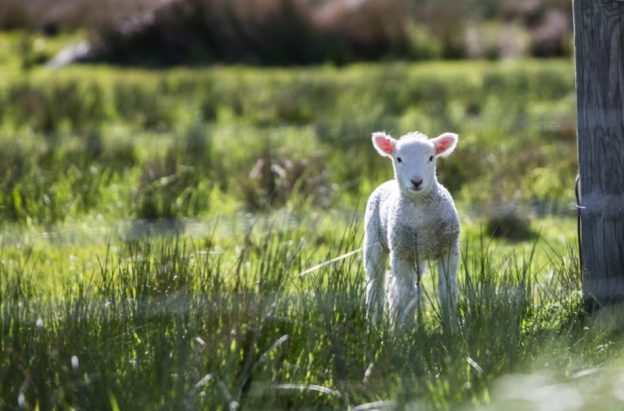Wormer is important for ensuring the health of different animals, including dogs, cats, horses, cows, and sheep. If it is livestock, it is even more crucial because it can reduce the risk of production losses. However, you need to be careful. Overuse can result in resistance and, with only a small number of wormers, it can ultimately restrict your treatment options.
The most crucial thing here is to understand the importance of testing. Faecal egg count (FEC) tests can show how severe the parasite load is. You should do one before any test to make sure it is definitely necessary to deworm. Then, you need to do testing afterwards to make sure the product was effective.
Lambs
You need to be even more careful with lambs. They have a higher risk because they won’t have had the time to build a resistance to parasites. That doesn’t mean you can just freely use dewormer though.
The thing to keep in mind here is worming will cause stress on the animals. It can, and typically does, have an impact on the growth rate. In addition, you are using time and money you may not need to.
So, always test first before using a wormer on lambs. Then, you need to test again a few weeks after drenching. You should never just assume the treatment was effective. It may have left enough worms that the growth rate will be affected. It can take a long time for visible signs that there are worms, by that point the lambs may have lost as much as half of their growth potential.
Consider the weather
It is also important to move away from the tradition of worming in the summer. Farmers have been doing this for a long time because worms are most active when it is warm and wet. However, there are two big problems. First, it can mean you are worming when it is not necessary. Like we said above, you should only treat animals after testing and confirming you need to.
Restricting testing and worming to the summer season also means you leave a long period where there could be problems going untreated. The weather can still be hot and wet well into autumn, sometimes as deep into the year as November.
So, the best thing to do is test after lambs have been grazing for around three weeks. If necessary, you can deworm. Further testing should then take place every three to four weeks until the cold weather arrives.
Check the administration
If you do use a wormer and still have a problem with lambs and sheep, there could be two reasons. With older animals, it could be they have simply built up too much of a resistance and you need a different product.
Alternatively, and most commonly with lambs, it could be an issue with how you administer the drench. You may have not given a sufficient dose. This happens generally if farmers don’t weigh animals. Sometimes there can be issues with equipment so a whole dose isn’t delivered. It is important to calibrate it, particularly dosing guns. Finally, you may have a problem because you don’t ensure every animal swallows the full dose.
Do you need help with wormer?
JS Hubbuck Ltd can support producers who want to get the best from their animals. We have various products to help with this, including feed, wormers, and equipment. You can contact us for advice and details about anything we have in stock.

